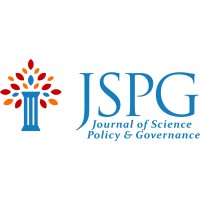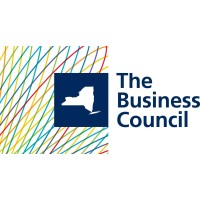The Business Council of New York State, Inc.
111 Washington Avenue, None, Albany, New York, US, 12210
Last Update: 2025-11-27
The Business Council of New York State, Inc., is the leading business organization in New York State, representing the interests of large and small firms throughout the state. Its membership is made up of thousands of member companies, as well as local chambers of commerce and professional and trade associations. Though 85 percent of our members are small businesses, we also represent some of the largest and most important corporations in the world, including IBM, Verizon, Eastman Kodak, Citigroup, JP Morgan Chase, Corning, Pfizer and many more. All told, our members employ more than 1.2 million New Yorkers. The primary function of the organization is to serve as an advocate for employers in the state political and policy-making arena, working for a healthier business climate, economic growth, and jobs. We also help our members cut costs and provide important benefits to their employees, with group insurance programs that are known for competitive costs and high-quality service. And we serve as an information resource center for our members, providing an array of news and update services, seminars, networking, and individualized regulatory and legislative assistance to members who need it.
NAICS: 921
NAICS Definition: Executive, Legislative, and Other General Government Support
Employees: 48
Subsidiaries: 0







